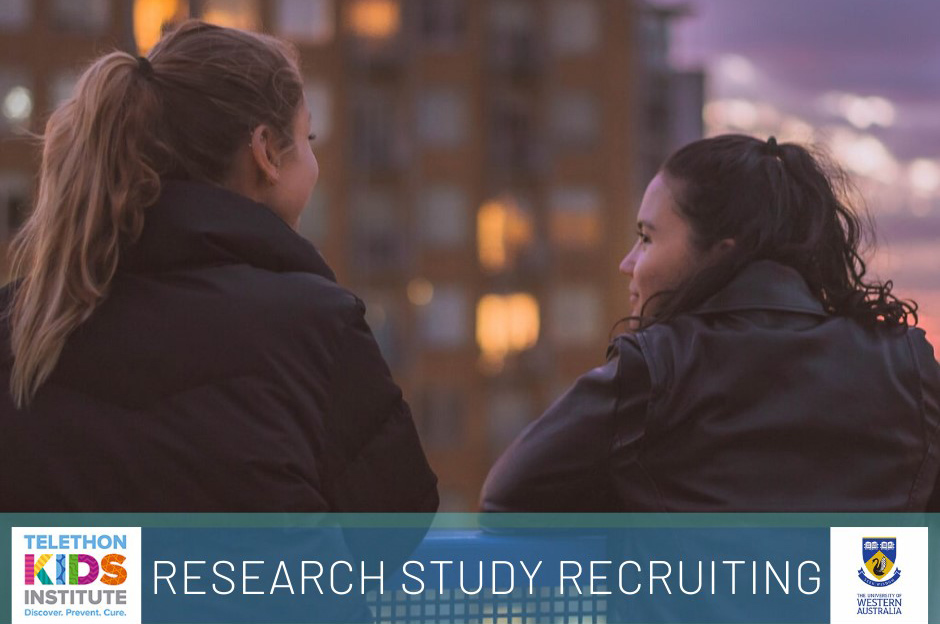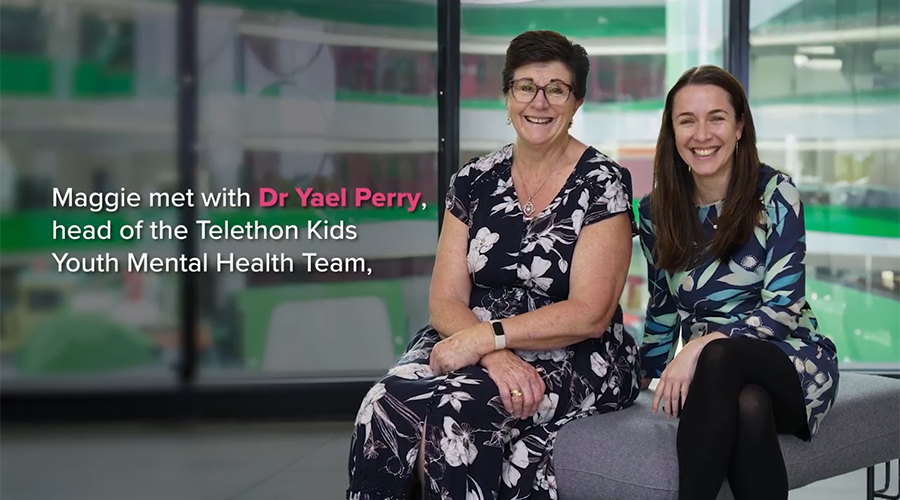Search
Research
Training Service Providers to work with Aboriginal and Torres Strait Islander LGBTQA+ youthThe goal of this project is to is to increase capacity of ACCO staff to work with Aboriginal and Torres Strait Islander LGBTQA+ youth and their families, with the longer-term goal of improving health service access among this population.
Research
Trans Pathways 2Trans Pathways is set to receive an update ahead of the ten-year anniversary of the release of this seminal study from The Kids Research Institute Australia.
Research
Upskilling Service Providers on LGBTQA+ Suicide PreventionThis project aims to implement LGBTQA+ youth suicide prevention guidelines in clinical and community services in Western Australia.
Research
Virtual Reality Integrated Social Recovery (VISOR)As well as specific symptom clusters, psychosis effects important non-symptom domains including social cognition and social-occupational functioning.
Research
Walkern Katatdjin (Rainbow Knowledge)Shakara Yael Bep Liddelow-Hunt Perry Uink BPhil(Hons) BPsych (Hons) MPsych (Clin) PhD BPsych(Hons.), MAppPsy(Clinical), PhD Research Assistant; PhD

Are you 14-18 years old and attracted to people the same gender as you? We want you to help us understand how you feel other people see and treat you, and how this affects your mental health.

The Youth Mental Health team is looking for a diverse group of young people to help inform research into mental health in LGBTIQ+ young people.


News & Events
Maggie Dent visits The Kids Research Institute Australia as part of research for new bookWe were delighted to have Australia’s best-known parenting author, Maggie Dent, back at The Kids Research Institute Australia this week, to talk about the mental health of our teenagers.

News & Events
Mental health champion a ‘brilliant woman’Congratulations to Head of Youth Mental Health at The Kids Research Institute Australia, Dr Yael Perry, who has received a Telstra Health 2023 Brilliant Women in Digital Health Award in recognition of her innovative use of technology to achieve positive mental health outcomes for marginalised young people.
